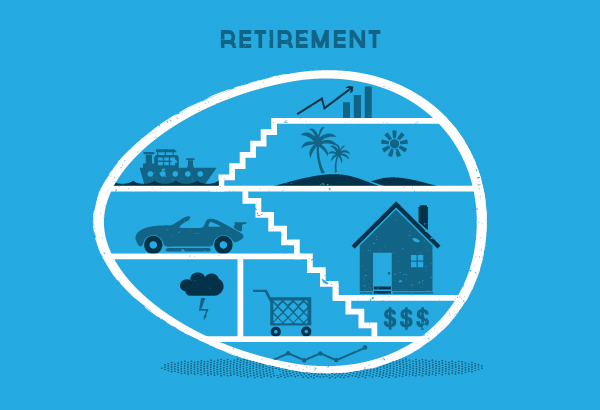
With the baby boomer generation hitting retirement ages, it’s important to consider how retirement affects this enormous cohort and their families. One unique aspect of today’s retirement is the occasional retirement overlap: both parents and children are retired at the same time. In an interview with The New York Times, Phyllis Moen of the University of Minnesota says,
This is still historically unprecedented, where you have older people and their still-older parents. Families are having to figure out those intergenerational relationships.
This may be a situation unique to the current time period, though. For the trend to continue, the younger generation must retire while their parents are still alive. Since expected and actual retirement ages have been rising for more than a decade, future generations may not be able to afford to retire at all, let alone alongside their parents. Then again, “by the time their children retire, we may have even more medical advances to help us live even longer,” says Professor Moen.
One potential downside of dual-generation retirements is that they can add retirement stress in the form of caregiving for older family members. As Moen states, “The pressures are less intense while the younger generation is still employed,” because “work can offer an escape from the stress of caregiving and the stress of that family relationship.”

Comments 1
Retiring with Your Parents - Treat Them Better — March 24, 2015
[…] Retiring with Your Parents […]